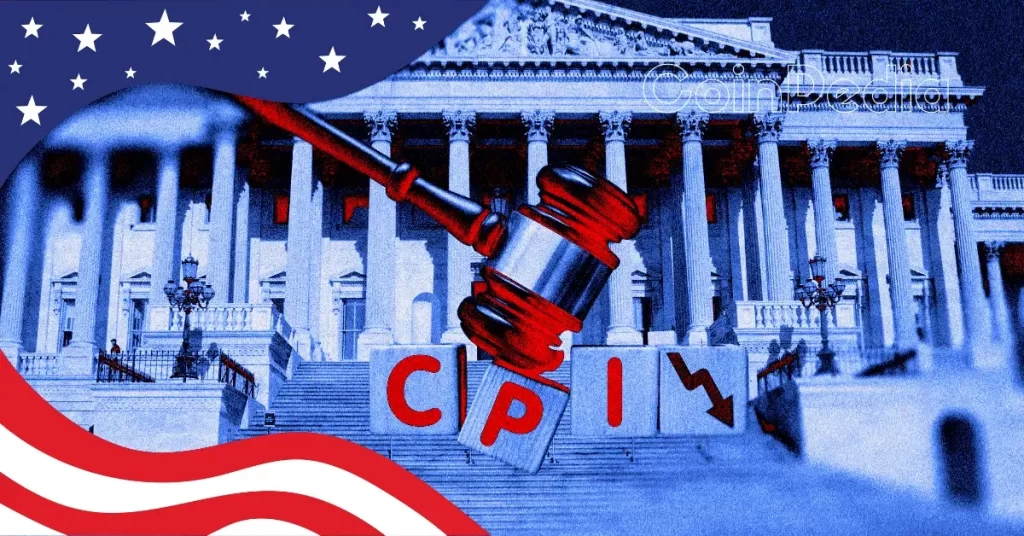BlackRock, Inc., an American multinational investment company, and the Federal Deposit Insurance Corp. (FDIC) are addressing a dispute over the asset manager’s stakes in American banks.
The negotiations, which have been ongoing for months, revolve around BlackRock’s compliance with new oversight rules that require asset managers to maintain a “passive” role in the banks they invest in.
FDIC demands BlackRock sign a passivity agreement
FDIC demands BlackRock to sign a passivity agreement to comply with new oversight of its stakes. According to the FDIC, such agreements are crucial in ensuring investors remain passive and do not exercise control over banking institutions when they have large stakes.
BlackRock was initially given a February 10th deadline to comply, but this deadline had already been extended twice. This has pushed the disagreement into the Trump administration.
Some key members have already departed the board. Those members were at the forefront of arguing for more stringent rules on asset managers. Jonathan McKernan, a Republican, and Rohit Chopra, a Democrat, were leading the Consumer Financial Protection Bureau.
While the two are on opposite sides of the political aisle, both supported increased oversight of large asset managers, saying their size and concentrated ownership could give firms undue influence over the management and strategy of US banks.
For now, there’s no new deadline for the firm to comply with the FDIC’s demands. Still, with the exit of these directors, the regulatory environment regarding BlackRock’s bank holdings could change in the coming weeks.
FDIC seeks transparency from asset managers
The FDIC seeks more transparency regarding asset managers’ stakes in FDIC-supervised banks. This should prove that they’re operating as passive shareholders rather than activists. The FDIC has also sought to scrutinize stakes in FDIC-supervised banks that exceed 10%.
However, BlackRock has resisted the FDIC’s demands, arguing that new oversight measures could disrupt index funds, which dominate many investor portfolios, and make it more costly for banks to raise capital. It also has said the regulator should coordinate any new oversight with the Federal Reserve, which has a passivity agreement with the firm.
While a new deadline has not been set, sources close to the negotiations suggest that an agreement between BlackRock and the FDIC may be reached soon.
This regulatory standoff comes at a time when the financial sector is undergoing significant shifts, including increased integration of digital assets. The thinking within crypto circles is that this one step is part of a directional shift that will ultimately encourage more banking giants to deal with digital assets. Such a shift would bring wider acceptance of the industry.
Yesterday, the Crypto Council for Innovation led discussions on the future of digital asset regulation in the US, titled “A Golden Age of Digital Assets: Charting a Path Forward”. The hearing explored existing crypto and blockchain use cases.
It also examined current uses of crypto and blockchain technology and how the Biden administration has affected the ecosystem. Discussions also focused on the legislative measures needed to protect consumers and fully realize cryptocurrency’s potential in the United States.
The influence of crypto on traditional banking and asset management could lead regulators to increase oversight of crypto firms and major financial players such as BlackRock. The results of BlackRock and FDIC negotiations will establish a precedent for how regulators navigate the expanding relationship between institutional finance and emerging finance.
Cryptopolitan Academy: Are You Making These Web3 Resume Mistakes? – Find Out Here
News – Cryptopolitan – Read More










